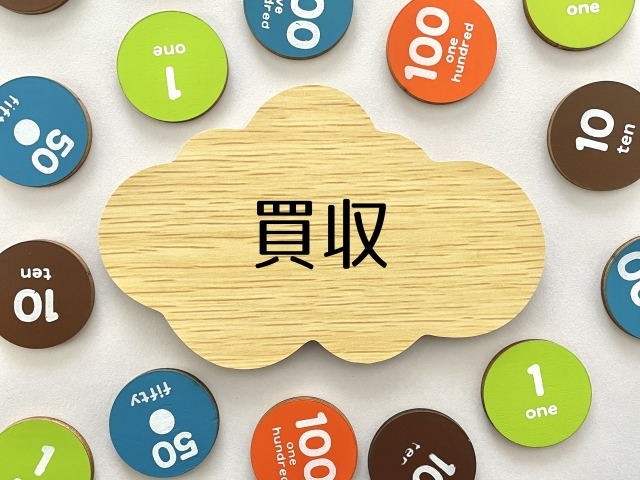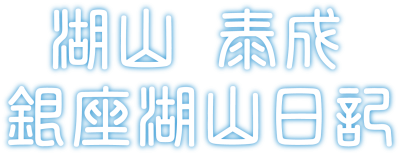Industry reorganization

Japan’s No. 1 life insurance company acquires Japan’s No. 1 nursing care company.
When the founder-owner of a major company that went public passed away, his family sold his shares to a fund.
The fund, in turn, made more money and resold it to insurance companies for double the amount.
It’s an obvious economic act, but is there any meaning behind it?
Funds are professionals who predict the future of the market.
Rather than buying out any more small and medium-sized care providers, they sold themselves to insurance companies with deep pockets.
The future growth potential of the life insurance industry for those who bought the insurance is not expected.
In Japan, where the population is decreasing, every field is shrinking.
This will also help insurance companies secure insurance customers.
You can also provide nursing care services to your nursing care insurance customers.
It can also be called a customer retention strategy.
The reform of medical and nursing care insurance is also aimed at restricting this overly efficient business model of retaining users.
In any case, the acquisition price this time also far exceeded previous records.
Now that both insurance and nursing care have reached their peak of growth, major mergers and acquisitions have begun in a downwardly sloping market.
Originally, most nursing care was provided by small and medium-sized businesses and family businesses.
For example, we can trace the history of individual stores in shopping districts converging into major supermarkets.
It’s neither good nor bad.
This is the principle of a liberal economic society.
Koyama G is primarily a public interest corporation, so it is not managed based on business principles.
We have an obligation to improve and maintain the quality of local medical care and childcare.
For this reason, a large amount of budget is allocated to training sessions and conferences for educational purposes.
From that point of view, Koyama G is similar to an educational corporation or a university.
Since it is a private company after all, it cannot continue to operate in the red, but it practices a balanced management of both sides.
Profit-oriented businesses will withdraw from business if they no longer make a profit.
This is because there is pressure from shareholders to invest in more profitable businesses.
It was the same in the past.
During the real estate bubble, many insurance companies and general contractors entered the nursing home business.
After the bubble burst and they became unprofitable, all nursing homes were sold to other companies.
I believe that history will repeat itself this time.
In good times and bad, Koyama G will never run away from this world.
Even if I die, that will and belief will continue to be passed on to younger employees.
What are older employees doing?
They must be in the Koyama G care facility with me.
It should be a fun retirement.
Each other.
Surely.
Perhaps.
Pulse oximeter 98/97/98
Body temperature 36.6 Blood sugar 90
Micro business CEO Yasunari Koyama
